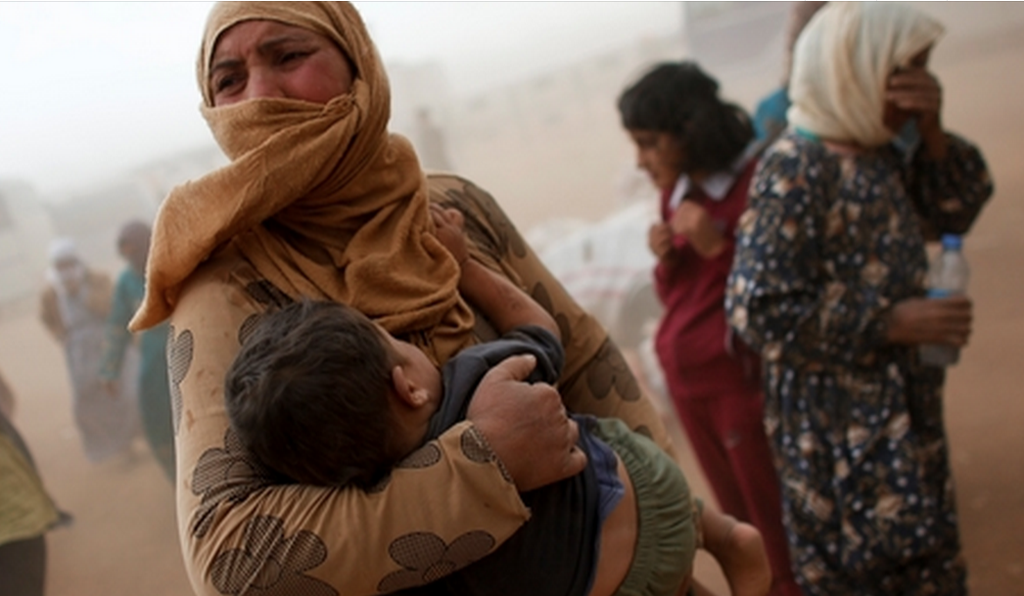The following information is based on the Amnesty International Report 2021/22. This report documented the human rights situation in 149 countries in 2021, as well as providing global and regional analysis. It presents Amnesty International’s concerns and calls for action to governments and others.
ESTONIA 2021
There continued to be no legal bar on discrimination on grounds of religion, age, sexual orientation or gender identity. Gaps remained in the rights of people with disabilities, as well as the protection of women from violence. Police and Border Guards Board (PGBG) did not follow due process when assessing asylum claims. Same-sex couples still struggled to enforce their rights under the Registered Partnership Act 2016.
Discrimination
The legislative framework did not include religion/belief, age, sexuality, sexual orientation or gender identity as grounds for discrimination, other than in the context of employment, resulting in gaps in protection in relation to housing, healthcare, social welfare, education and claiming damages.
Rights of people with disabilities
The UN Committee on the Rights of Persons with Disabilities identified gaps in the rights of people with disabilities including access to justice, education, healthcare and sexual and reproductive rights, in particular for women and girls, and noted the disproportionate impact of the pandemic on people with disabilities.
Women’s and girls’ rights
The definition of rape still failed to comply with the Council of Europe Convention on preventing and combating violence against women and domestic violence (Istanbul Convention), being based on violence, with other non-consensual sexual acts carrying less weight. Women applying for restraining orders had to face the alleged perpetrator in the courtroom. Domestic violence was not always considered in custody proceedings.
Estonia had the highest gender pay gap in the EU.
Refugees’ and migrants’ rights
Deficiencies were reported in the procedures followed by the PGBG when assessing asylum claims. In some cases, they reportedly refused to accept applications and tried to persuade asylum seekers to return to their country of origin. The Estonian Human Rights Centre (EHRC) noted the frequent reversal of PGBG decisions by the courts.
LGBTI people’s rights
An EHRC survey documented a significant shift in attitudes towards LGBTI people, with 64% of the population supporting the Registered Partnership Act 2016 allowing same-sex couples to register. By the end of the year, however, the Act had still not been implemented and court proceedings remained the only way to enforce the rights guaranteed by the Act. In September, the Supreme Court declared the Aliens Act unconstitutional insofar as it did not allow the granting of residence permits to registered partners of same-sex couples.



